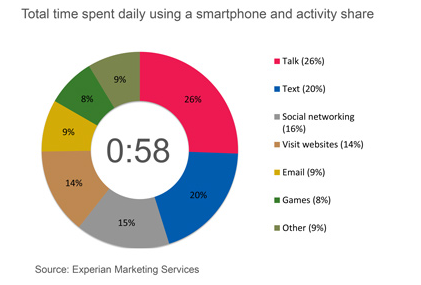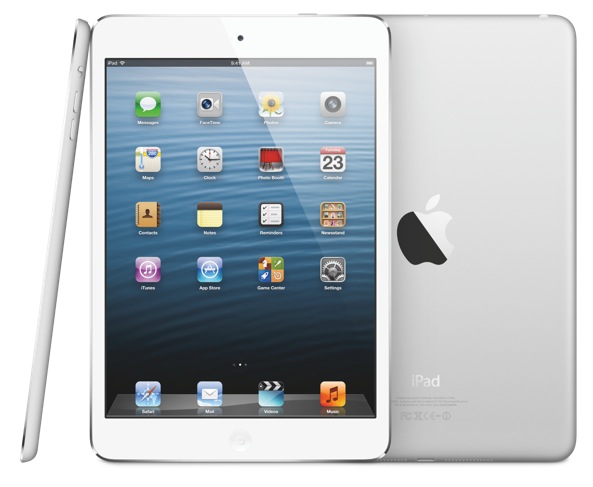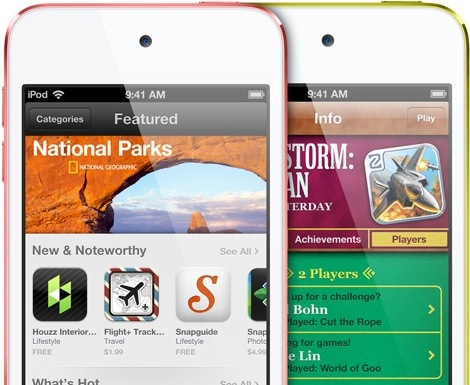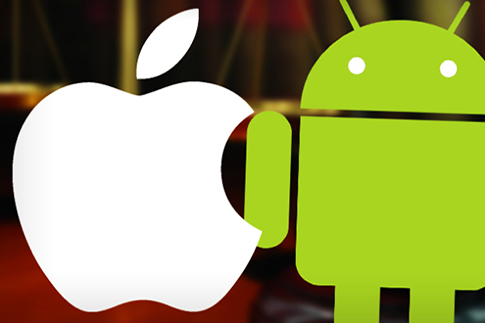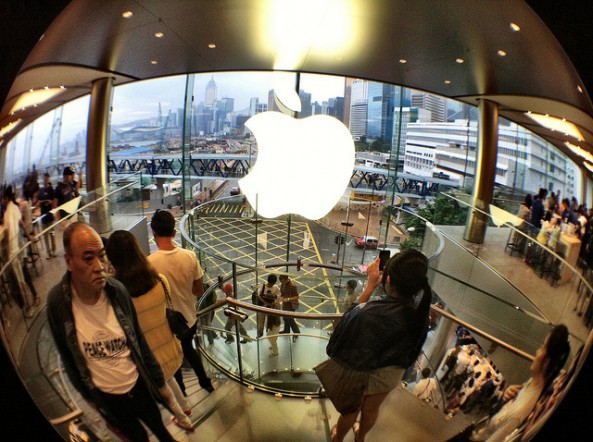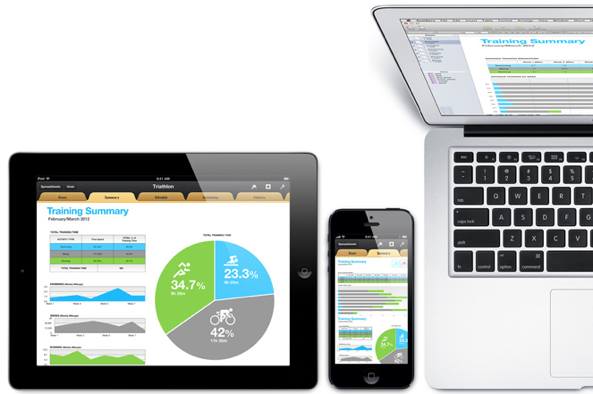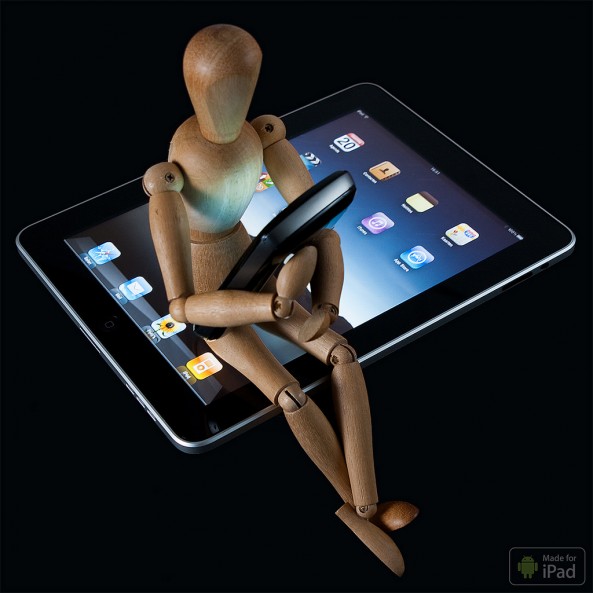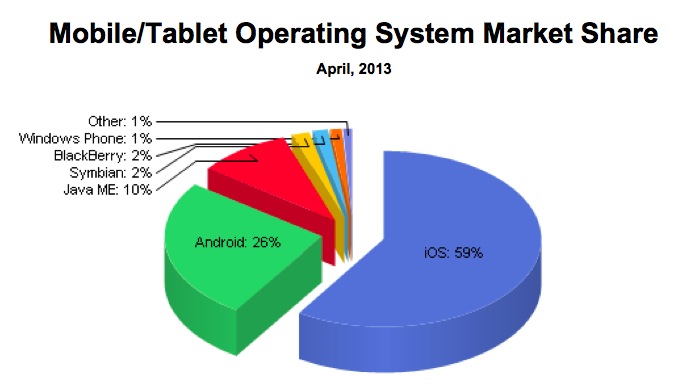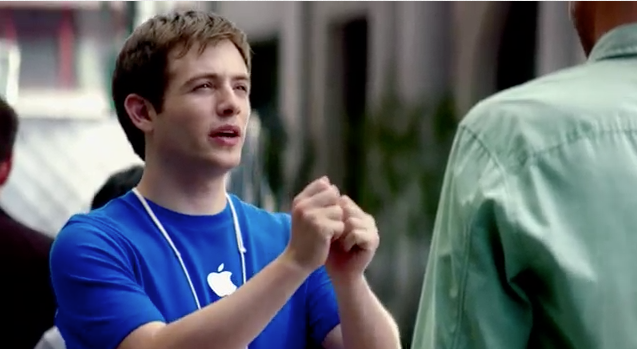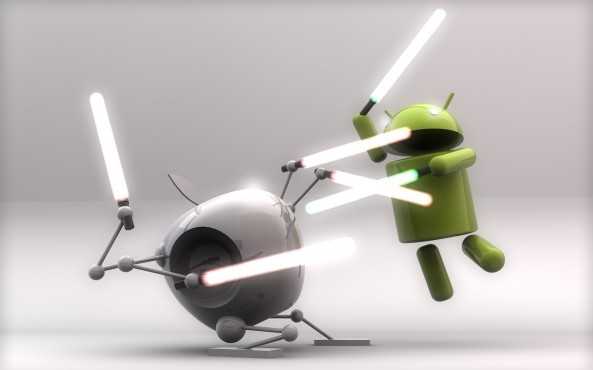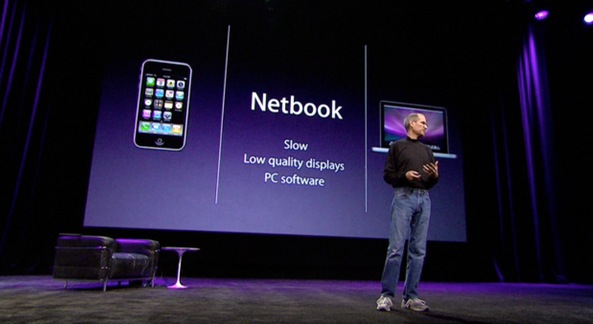As the world migrates from dumb feature phones to more powerful smartphones, there are a greater number of options available beyond just talking and texting. What features are most used by smartphone owners and is the pattern different based on whether the handset is powered by Apple's iOS or Google's Android? To start, iPhone owners tend to spend more time with their smartphone compared to Android users, new marketing research indicates.
The typical iPhone owner spends one hour and 15 minutes using the Apple smartphone - 26 minutes more than owners of Android handsets, according to Experian Marketing Services. Additionally, Android owners typically make voice calls while iPhone owners are busy texting, emailing and taking photos...
